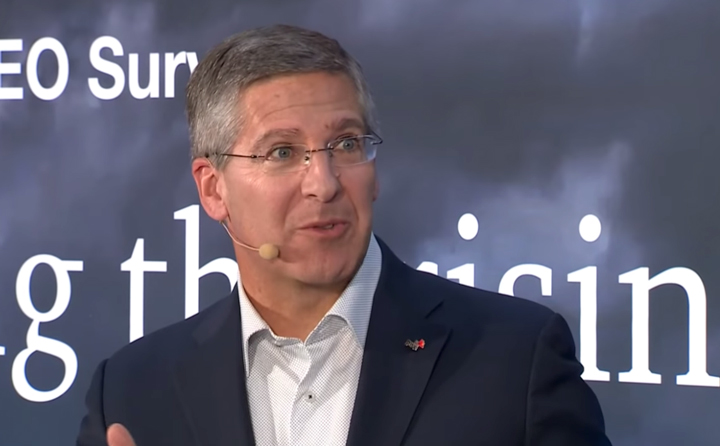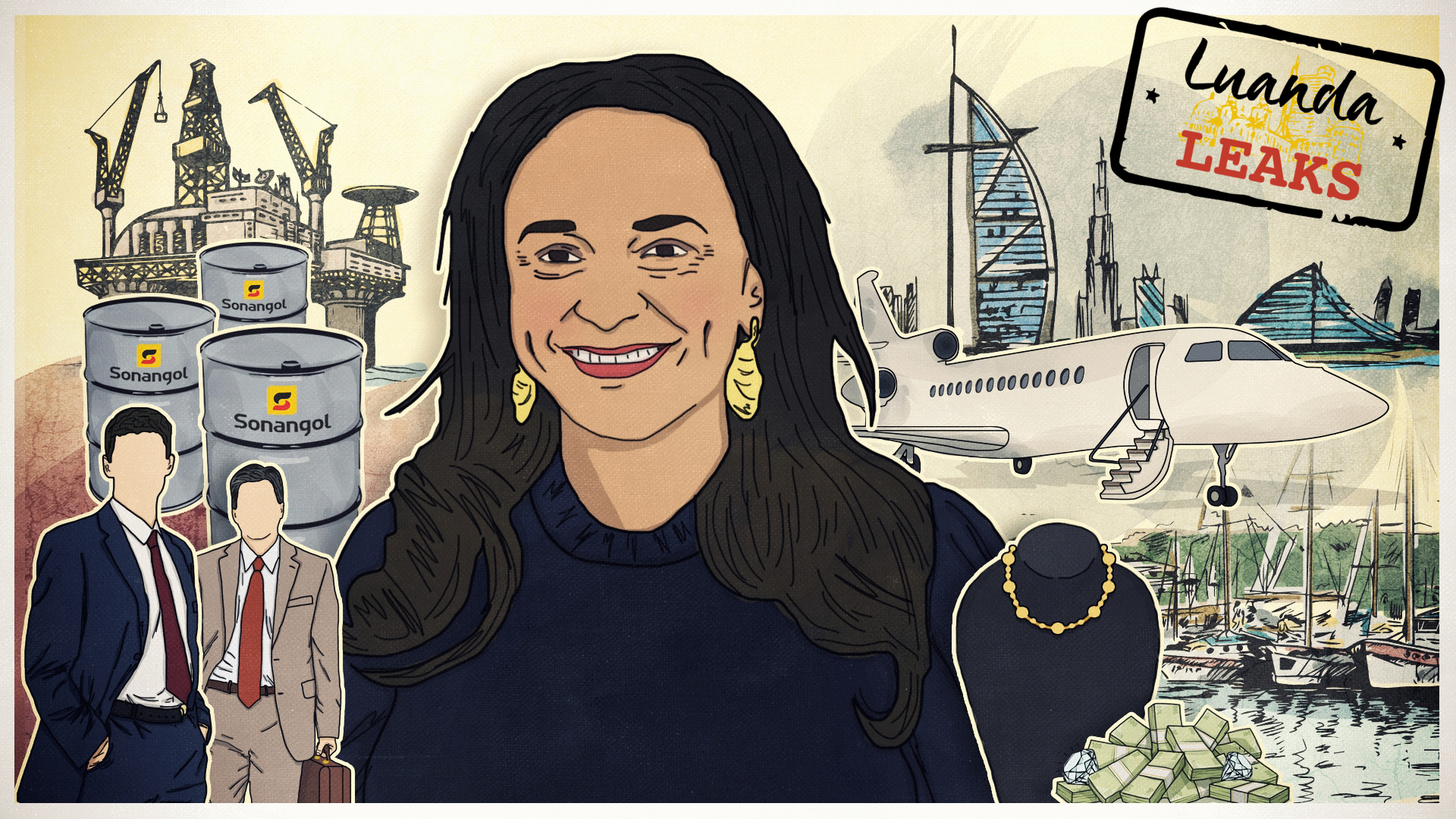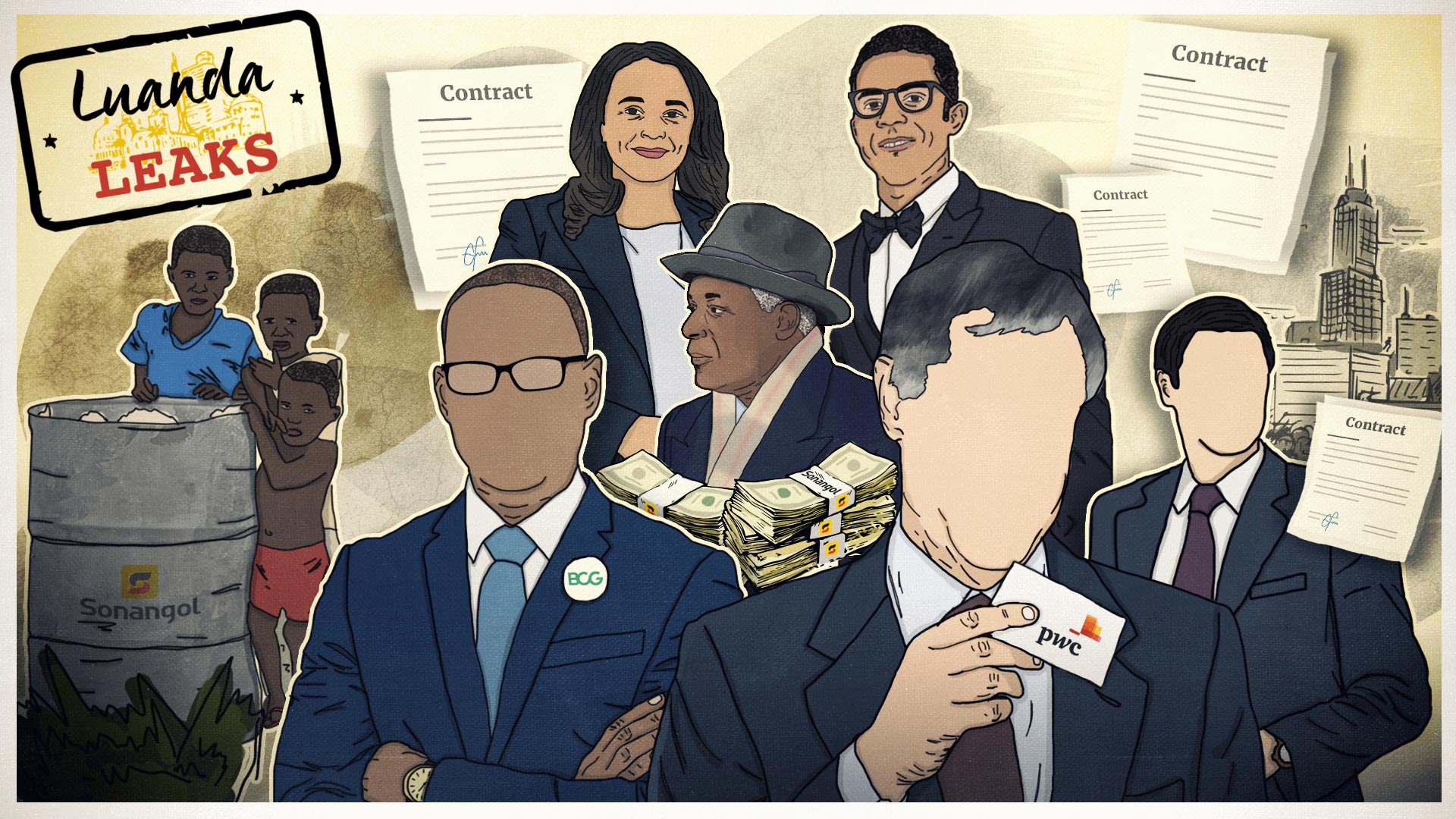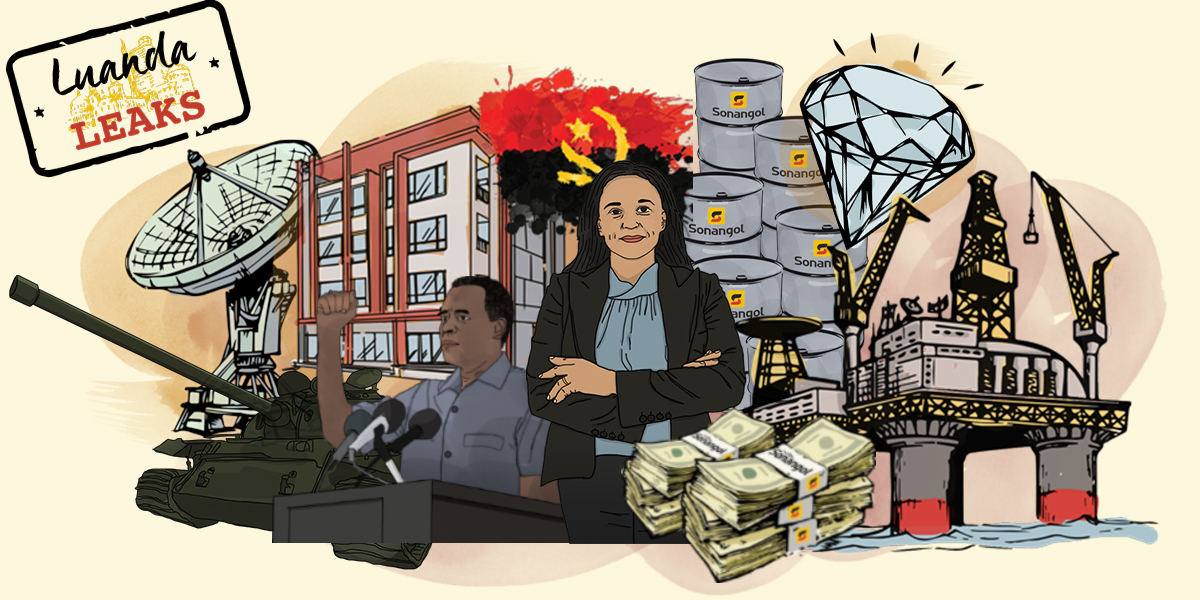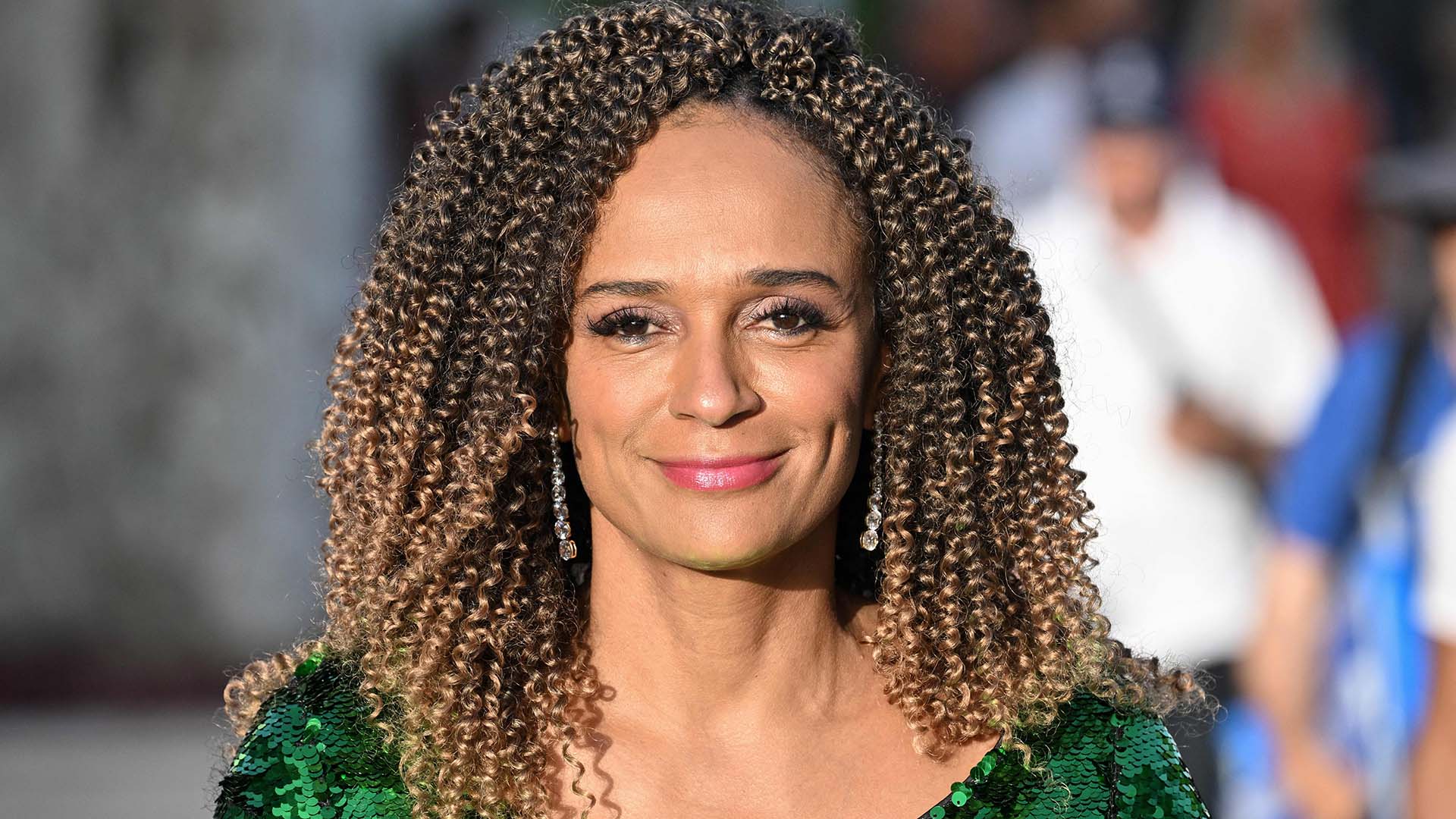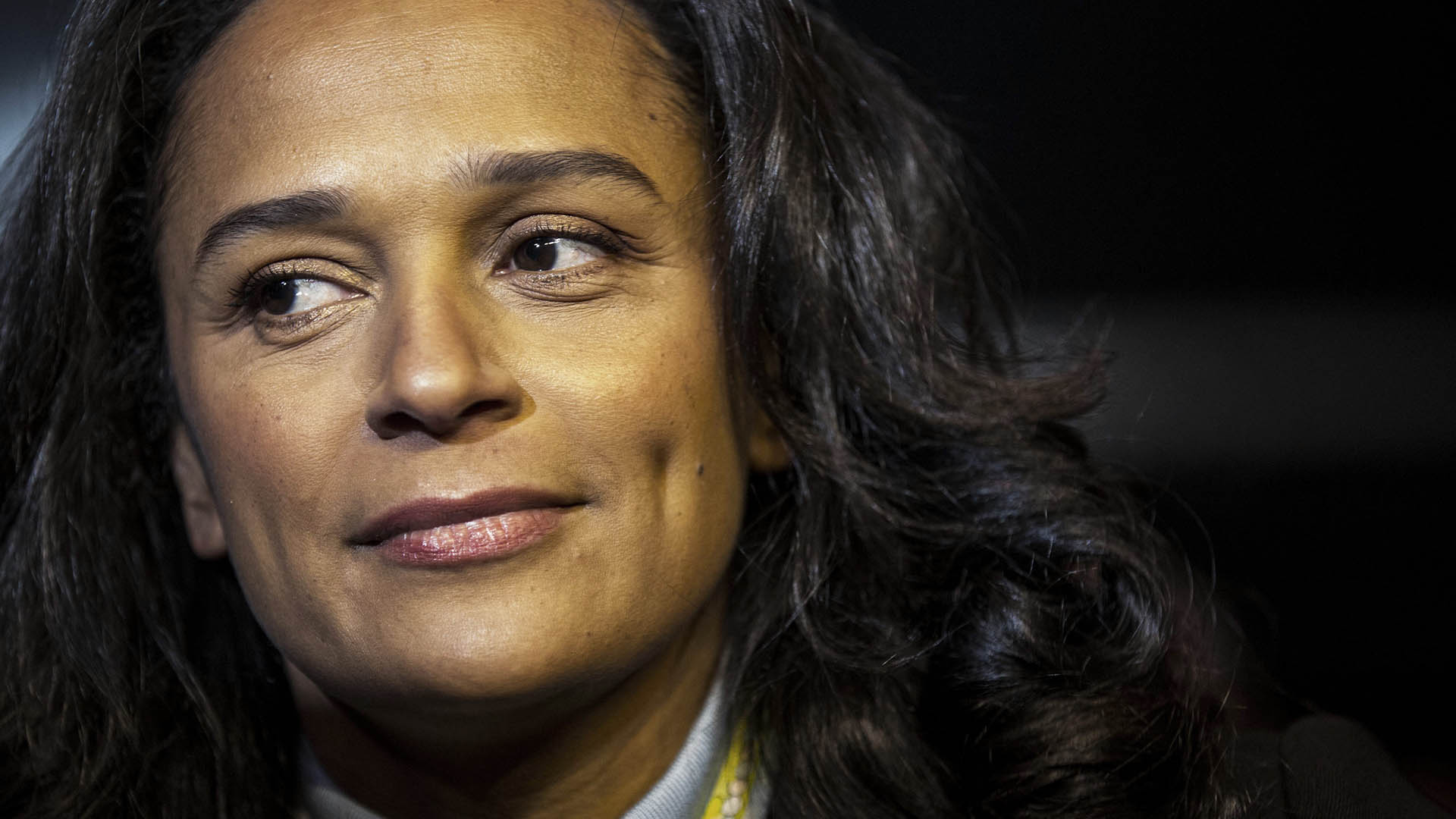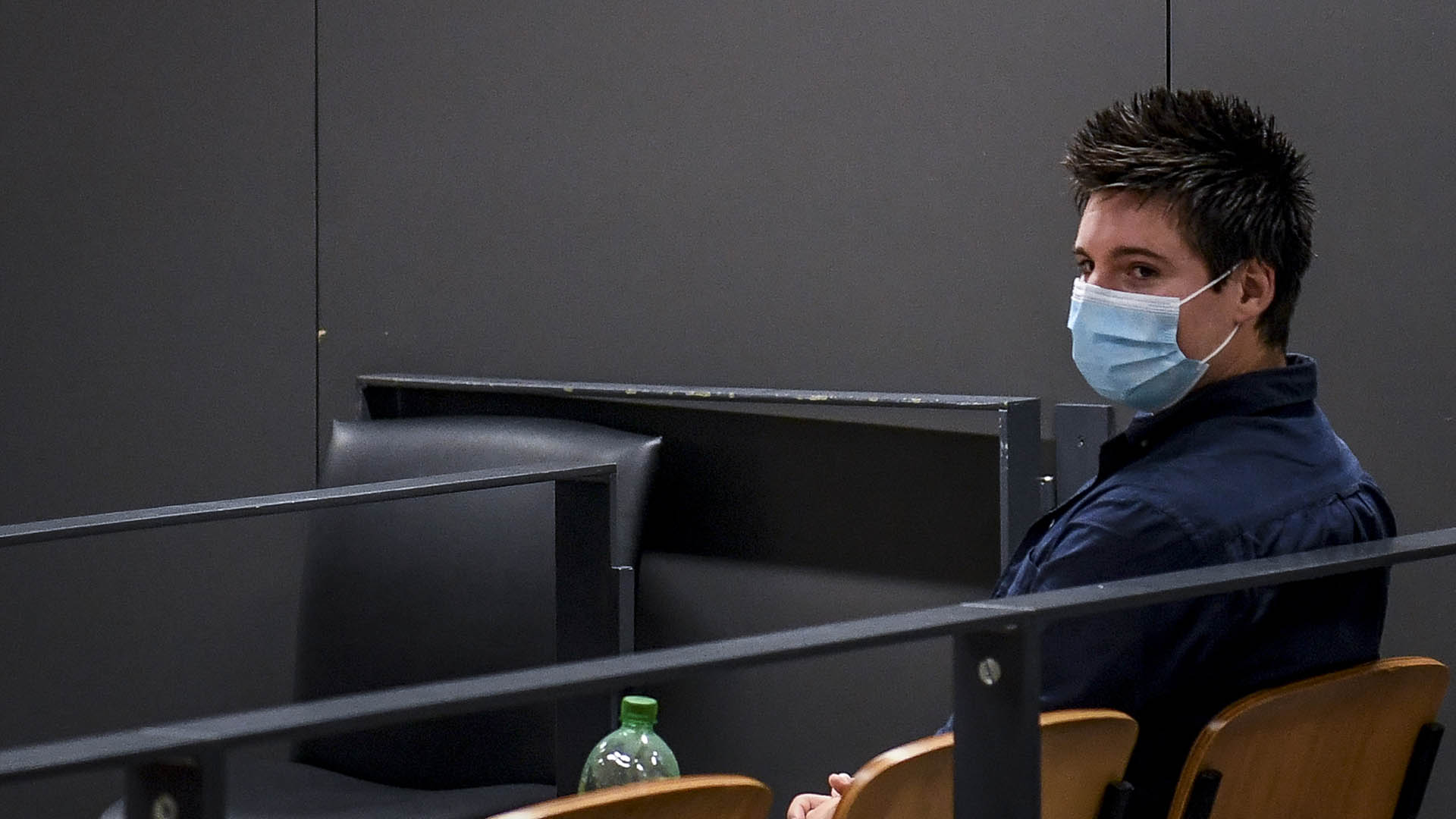Accounting giant PwC launched an internal investigation into its dealings with Angolan billionaire Isabel dos Santos, and a major Portuguese bank cut ties with her, as fallout from an International Consortium of Investigative Journalists examination of the source of her wealth continued.
Bob Moritz, the chairman of PwC, told ICIJ reporting partner The Guardian that he was “shocked and disappointed” by revelations that his firm advised companies owned by dos Santos.
Speaking on the sidelines of the World Economic Forum held in Davos, Switzerland, Mortiz said that PwC will investigate its work with dos Santos and that employees may be docked pay or dismissed if they behaved inappropriately. From a reputational perspective, the dos Santos story was the worst thing to have happened to PwC on his watch. “We need to move with speed to take action to regain confidence,” he said.
PwC’s leading tax expert in Portugal, Jaime Esteves, resigned on Monday, citing “the seriousness of the Luanda Leaks allegations,” according to Portuguese newspaper, the Observador.
The board of Eurobic, a major Portuguese bank in which dos Santos holds a 42.5% stake, held an urgent meeting on Monday and decided to end its commercial relationship with the businesswoman and “people closely related” to her. Eurobic also announced an “immediate audit” of bank transfers worth more than $50 million made from a Eurobic account to a Dubai company controlled by one of dos Santos’ friends. The transfers are under criminal investigation by authorities in Angola. Dos Santos says the transfers were legal and for legitimate consulting contracts.
ICIJ’s investigation, Luanda Leaks, reveals two decades of dodgy deals that made Isabel dos Santos Africa’s wealthiest woman and left oil- and diamond-rich Angola one of the poorest countries on Earth. Based on more than 715,000 documents and hundreds of interviews, the reporting shows that a cadre of Western business advisers moved money, set up companies, audited accounts, suggested ways to avoid taxes and turned a blind eye to red flags that experts say should have raised serious concern.
Through her lawyers, dos Santos denied wrongdoing and said she did not benefit from her political ties.
In other Luanda Leak developments:
- Angola’s prosecutor general, Hélder Pitra Grós, announced that the country would use “all possible means and activate international mechanisms to bring Dos Santos back to the country.”
- In Portugal, where dos Santos amassed a business and property empire, the prosecutor’s office told Reuters that it would investigate reports from Luanda Leaks and take action, if needed.
- Portugal’s central bank issued a communique announcing it had ordered Eurobic to provide information to determine whether money laundering rules had been violated.
Impact from the investigation began even before the first stories published. In December, an Angolan court froze dos Santos bank accounts, those of her husband and her stakes in some of the country’s largest companies, including phone provider Unitel.
The government said the couple and Mário Leite da Silva, the financial adviser, were suspected of causing Angola to lose more than $1 billion through business deals gone awry. According to investigators, Portuguese police intercepted $11 million that dos Santos tried to transfer to Russia.
Dos Santos has called the allegations false and vows a legal fight.
And in Malta, the directors of two dos Santos companies resigned days before the publication of Luanda Leaks. PwC auditors resigned from a third.
